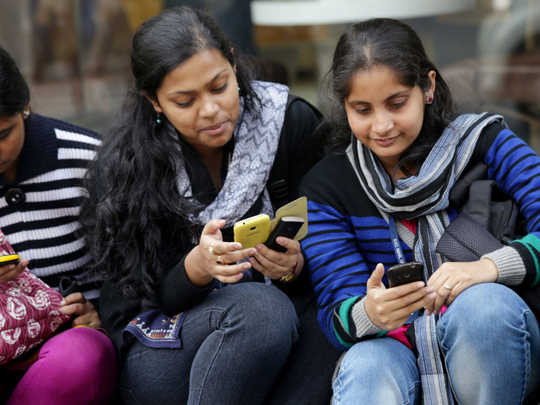
A businessman told me he had stopped going online to buy books that the government might frown upon because he was afraid officials would track his purchases. There’s good reason for such fears, another businessman said: “You go to a party where there are a dozen people you’ve known for years. Someone says something mildly critical of the government, and then you learn that person’s office was paid a visit the next day by the income-tax authorities.”
These were not reflections on life in some police state. These were conversations I had this month during a visit to India, a country I’ve been visiting for nearly 60 years.
It’s no secret that attacks on freedom of expression have accelerated since the election of Prime Minister Narendra Modi in May 2014. Yet, nothing prepared me for the pervasive anxieties I encountered on this trip. While freedom of speech has never been an absolute right in India, I always thought that this raucous democracy would ultimately overcome any blanket effort to quash dissent, as it did when Prime Minister Indira Gandhi declared a state of emergency and clamped down on the news media in 1975.
But I was stunned when a well-known writer in New Delhi confided that she and others used encrypted communications. “We’re all on ProtonMail and Signal at this point,” she said. Others said they only communicated on WhatsApp. “All of our phones are tapped,” declared a news editor in Mumbai. As the comments from businessmen indicate, the fears I heard weren’t limited to journalists and writers disinclined to support Modi. People who had appreciated the pro-business elements of his candidacy, and who still have hope for his economic policies, expressed similar concern. Journalists, though, have particular reason for fear. In June, the Central Bureau of Investigation raided residences and offices connected to the founders of NDTV, an influential cable TV station and online news outlet that has had run-ins with Modi’s government. The Editors Guild of India and leading media figures condemned the raid. But a magazine editor confided, “Of course we are afraid; they could go after anyone in our family, at any time.”
Even more disturbing have been a series of unsolved murders of journalists, and punitive legal actions against the news media.
The online news outlet The Wire was slapped with a criminal defamation suit after it published a story this month alleging that Jay Shah, son of Amit Shah, the powerful head of Modi’s governing Bharatiya Janata Party, has profited handsomely under Modi’s government. Then, last week, a court in Gujarat — where Modi was formerly chief minister — barred the news outlet from publishing any stories “directly or indirectly” about Jay Shah until the suit was resolved. Defiant, The Wire posted a photo of the order, vowing, “It goes without saying that this attempt to gag The Wire will not go unchallenged.”
On Monday, the BJP-led government in Rajasthan state introduced an ordinance in the state’s Legislative Assembly that would essentially bar reporting of government malfeasance by requiring government permission to investigate “both serving and former judges, magistrates and public servants for on-duty actions.” It would also make it illegal to “print or publish or publicise in any manner the name, address, photograph, family details or any other particulars which may lead to disclosure of identity of a judge or magistrate or a public servant against whom” an investigation is pending. Not all the Indians I spoke with were so uneasy. Many citizens remain outspoken. Courageous journalists continue to fight to do their job. But the growing fear of Indians to speak, to write and even to read freely poses a grave threat to one of the world’s great democracies.
— New York Times News Service
Mira Kamdar is a faculty member at the École de Journalisme at Sciences Po and teaches in the master’s programme jointly managed with the Paris School of International Affairs.









